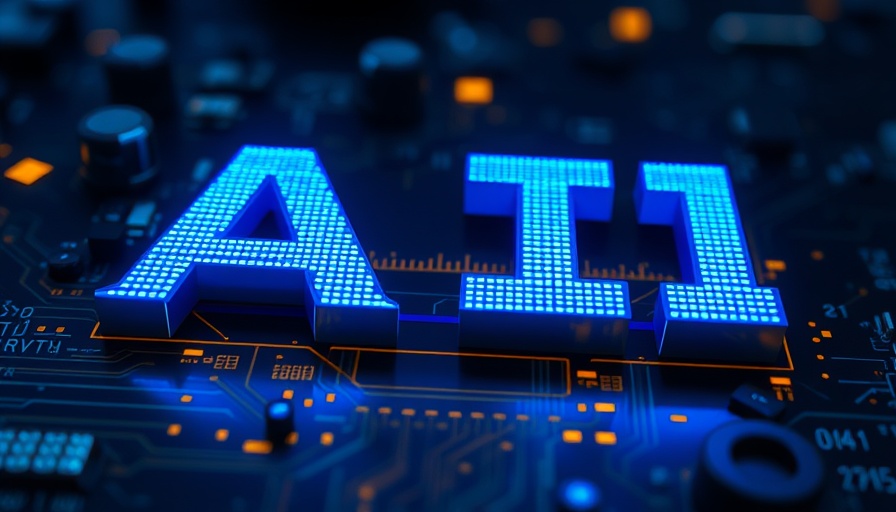
Can AI Match Physicians? The Rise of Generative AI in Diagnostics
The world of healthcare is witnessing an unprecedented shift as generative artificial intelligence (AI) is stepping into roles traditionally held by medical professionals. A recent study reveals that generative AI systems have diagnostic capabilities comparable to those of non-specialist doctors. This development raises critical questions about the future of healthcare and the role of technology in patient care.
Understanding Generative AI in Medicine
Generative AI systems are designed to mimic human-like reasoning and problem-solving skills, making them particularly advantageous in diagnostic scenarios. By processing vast amounts of medical data, including symptoms, patient history, and epidemiological trends, these systems can generate insights that help in making informed decisions quickly. The current findings suggest that for general diagnostic tasks, such as identifying common illnesses, AI can perform at a level similar to that of human doctors without specialized expertise.
Potential Benefits of AI in Healthcare
One of the significant advantages of employing generative AI in diagnostics is efficiency. AI can analyze data at a speed unparalleled by human counterparts, potentially leading to quicker diagnoses and treatments. This capability is especially vital in emergency settings where time is of the essence. Furthermore, as AI systems can handle high volumes of data, they can assist in reducing the workload of human healthcare providers, allowing them to focus on complex cases that require a higher level of expertise.
Challenges and Considerations for AI Implementation
Despite the promising capabilities of generative AI, its integration into the healthcare system is not without challenges. Concerns about data privacy, ethical implications, and the potential for misdiagnosis must be carefully managed. For instance, while AI can provide valuable recommendations, the absence of human empathy and judgment in certain clinical situations raises questions about patient care dynamics. Moreover, reliance on AI could contribute to over-reliance on technology, which may inadvertently diminish the role of human medical professionals.
Looking Forward: The Future of AI in Diagnostics
As we witness the unveiling of generative AI's diagnostic prowess, the healthcare community is left pondering how to best harness this technology. Predictions suggest that AI will become an integral part of patient assessment, complementing rather than replacing human doctors. The partnership between AI systems and healthcare providers could lead to more comprehensive and patient-centered care. For future doctors, understanding how to collaborate with AI tools will become an essential part of their training.
Conclusion: Embracing Change in Healthcare
The emergence of generative AI as a diagnostic tool offers both exciting possibilities and considerable challenges. As research continues to evolve in this field, it is vital for the healthcare community to foster an environment where both AI and human adeptness can coexist. By leveraging the strengths of both, the future of healthcare might just hold the promise of enhanced patient care and improved health outcomes.
If you’re intrigued by the intersection of technology and healthcare, stay tuned for more insights on how AI continues to reshape the medical landscape!
 Add Row
Add Row  Add
Add 




Write A Comment